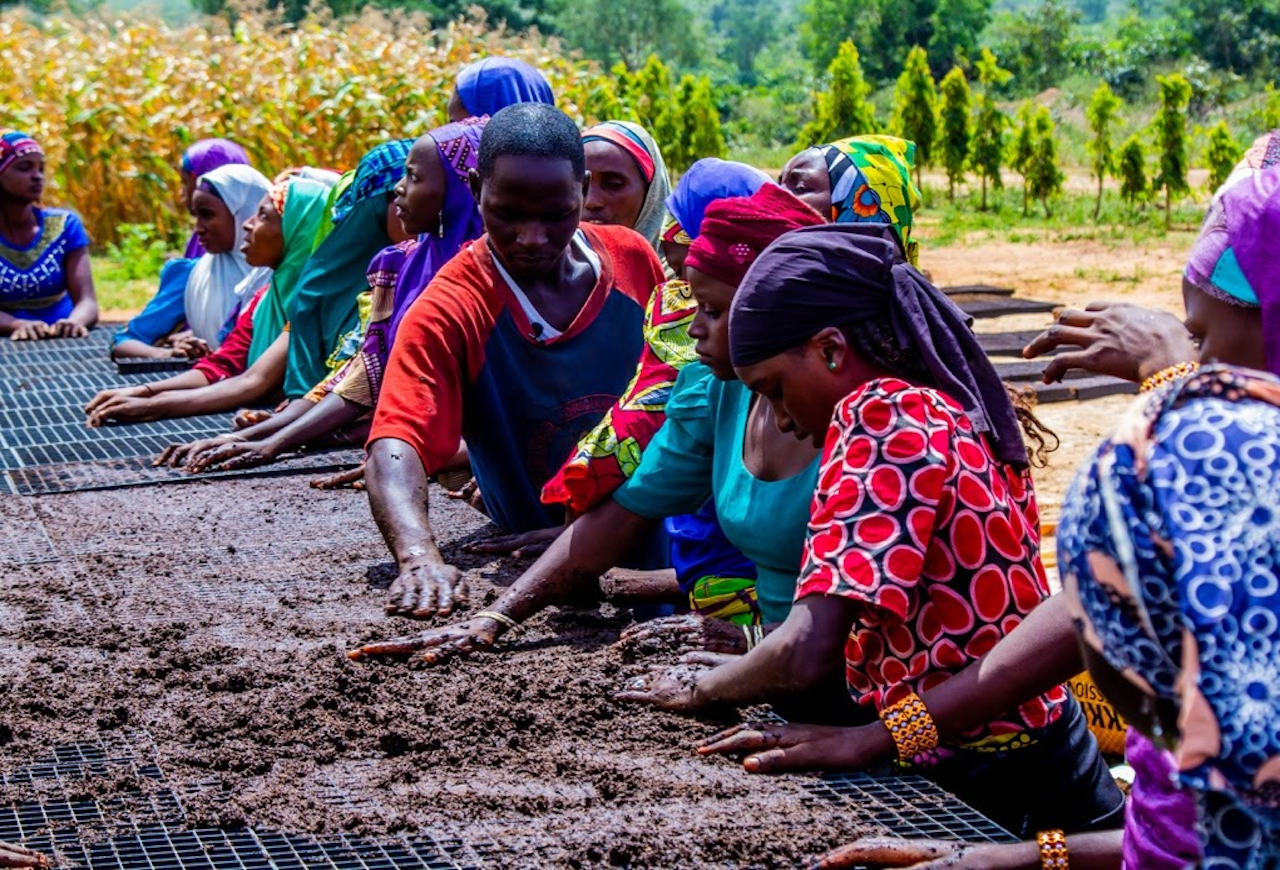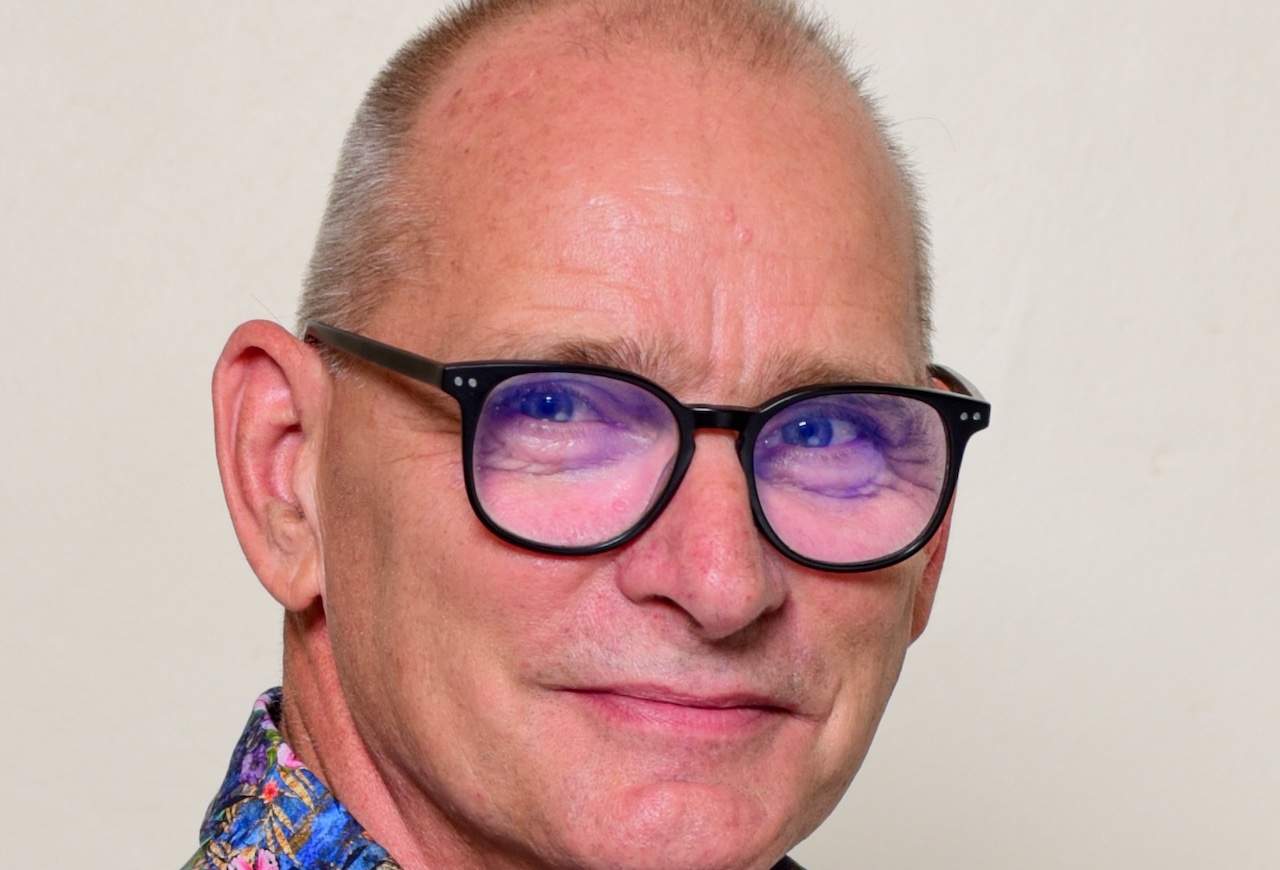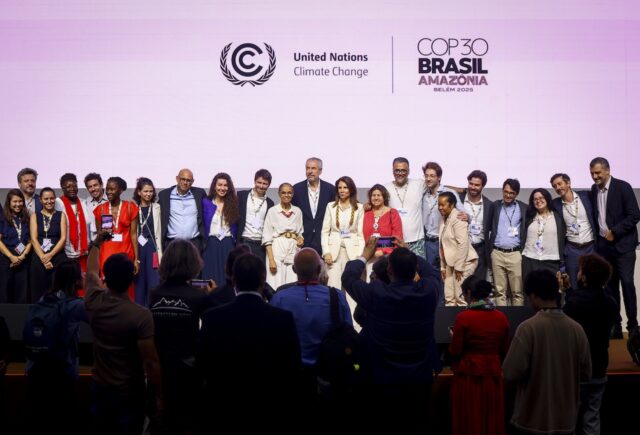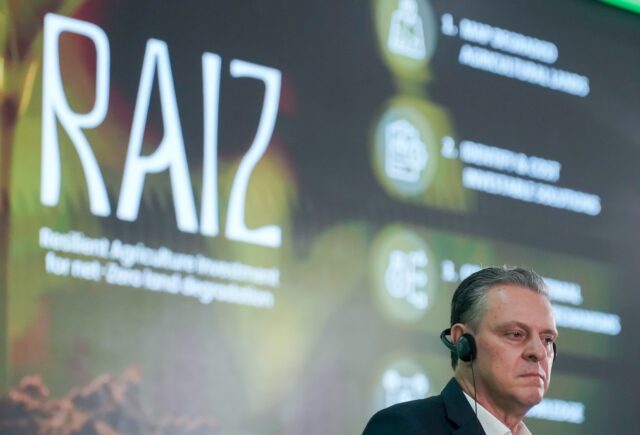Launched by Oxfam Novib and Goodwell Investments, the Pepea fund will invest in the sustainable agriculture, energy, clean mobility and logistics, and waste management sectors with a focus on female entrepreneurs.

Oxfam Novib, the Dutch foundation and affiliate of the international charity Oxfam, and Goodwell Investments, a Dutch firm which specialises in impact investing in Africa and India, have launched a €20m fund to support early-stage growth companies in East Africa.
Named the ‘Pepea fund’, which means ‘take-off’ or ‘flourish’ in Swahili, the fund will invest in small and medium sized enterprises (SMEs) with high impact potential in Kenya, Uganda and Ethiopia, that are struggling to secure financing from banks or investment funds in order to accelerate their growth.
The fund will focus on SMEs in the sustainable agriculture, energy, clean mobility and logistics, and waste management industries, which are recognised for providing many of the basic goods and services that lower-income communities rely on.
The firms hope that by investing in SMEs that are driving the growth of a greener, fairer and more gender-inclusive ‘human economy’, they can also improve the quality and affordability of these essential goods and services while, at the same time, protecting the environment.
Goodwell will manage the day-to-day operations of the fund supported by its team of local investment managers, with the potential for making follow-on investments from other impact funds in the company’s portfolio.
Oxfam Novib, which launched its first investment fund in 1996 and has experience of improving access to financing for impact-driven SMEs since the launch of its Impact SME Development Programme in 2015, has committed the full €20m to the fund.
Both Oxfam Novib and Goodwell said they would be actively involved in setting and monitoring the fund’s strategic course.
SDGs 5 and 13
The firms said the Pepea fund would directly contribute to the UN’s Sustainable Development Goal (SDG) 13 – climate action – and SDG 5 -gender equality – and indirectly contribute to many more. The fund’s impact targets include expanding the involvement of female stakeholders across the value chain, creating new jobs, reducing greenhouse gas emissions, and providing fairer wages.
In addition to their own impact and ESG reporting, the fund’s investment team will also gather feedback from local sector specialists, representatives from SMEs as well as end users, who will act as the fund’s ‘sounding board’ to ensure the community voice is heard, unmet needs are identified and ways to improve impact performance are addressed.

Speaking to Impact Investor, Nico Blaauw, partner at Goodwell, explained: “The purpose of the sounding board is to facilitate open and direct feedback from the target group about the strategy, implementation and impact of Pepea, and ensure the fund is meeting its social, economic and ecological aims.”
Blaauw said the sounding board would launch in the coming months, after which the group would meet at least twice a year.
“Although we’ll be facilitating the discussions and listening in, we think it’s important that this group is independent of us and Oxfam Novib, and discusses topics of their choosing, ranging from stimulating entrepreneurship, building teams and cooperation in the community to the lack of sufficient financial resources or support from local government,” he said. “This will allow us to keep our finger on the pulse and ensure Pepea does what it has been designed to do.”
Gender lens investing
Goodwell and Oxfam Novib said that the fund’s focus on inclusion would also help to expand both firms’ approaches to gender-lens investing in growing recognition of the importance of female entrepreneurs in the African economy.
According Harvard University research, sub-Saharan Africa has the highest rate of female entrepreneurs globally with approximately 26% of female adults involved in entrepreneurial activity, yet both firms highlighted the often greater challenges faced by women in accessing financing.
To better address the needs of female entrepreneurs and stakeholders, Blaauw said the Pepea fund would use innovative venture debt structures, with a focus on mezzanine finance.
“Our experience has shown that female entrepreneurs, in general, prefer loans over equity investments, as this allows them to keep full control in the early growth phase of their business,” he said.
Although the first investment is six to eight weeks away from being announced, Blaauw gave the example of Tomato Jos, a successful female-led company Goodwell has invested in through its Umunthu fund.
Based in Kaduna State in northern Nigeria, Tomato Jos works with smallholder tomato farmers to produce tomatoes, which are then processed and sold as tomato paste. Blaauw said one of the reason for the company’s success was its focus on providing educational opportunities and childcare for its workers and partner farmers.
“The female smallholder farmers working with Tomato Jos know that they can rely on childcare and a safe working environment, allowing them to feel more empowered in their work. Educational support in growing methods and inputs, combined with safe working conditions has enabled them to generate much higher yields than other farmers in the region,” he added.






